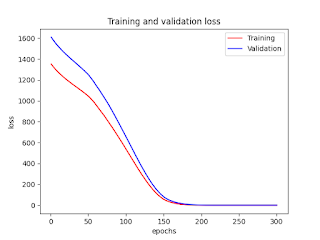Five things that you have to do to get what you want out of life.
1. Have your clear goals. (determine your direction, design a plan to achieve your goals)
2. Identify and don't tolerate the problems that stand in the way of achieving your goals. (These problems typically cause pain. The most common source of pain is in exploring your mistakes and weaknesses. You will either react badly to the pain or react like a master problem solver. That is your choice.)
3. Accurately diagnose these problems. (calm and analytical)
4. Design plans that explicitly lay our tasks that will get you around your problems and on to your goals.
5. Implement these plans -- i.e., do these tasks.
You need to do all of these steps well in order to be successful.
A few general points about the process:
1) You must approach these as distinct steps rather than blur them together (since the process is iterative.)
2) Each of these five steps requires different talents and disciples. (recognize your weakness and design around them) So you must be honestly self-reflective.
3) It is essential to approach this process in a very clear-headed, rational way rather than emotionally. (Figure out what techniques work best for you.)
Through this process of encountering problems and figuring out how to get around them, you will become progressively more capable and achieve your goals more easily. Then you will set bigger, more challenging goals, in the same way that someone who works with weights naturally increases the poundage. This is the process of personal evolution, which Ray calls his 5-Step Process.
Note: "You" here is the strategic you -- the one who is deciding on what you want and how best to get it


No comments:
Post a Comment